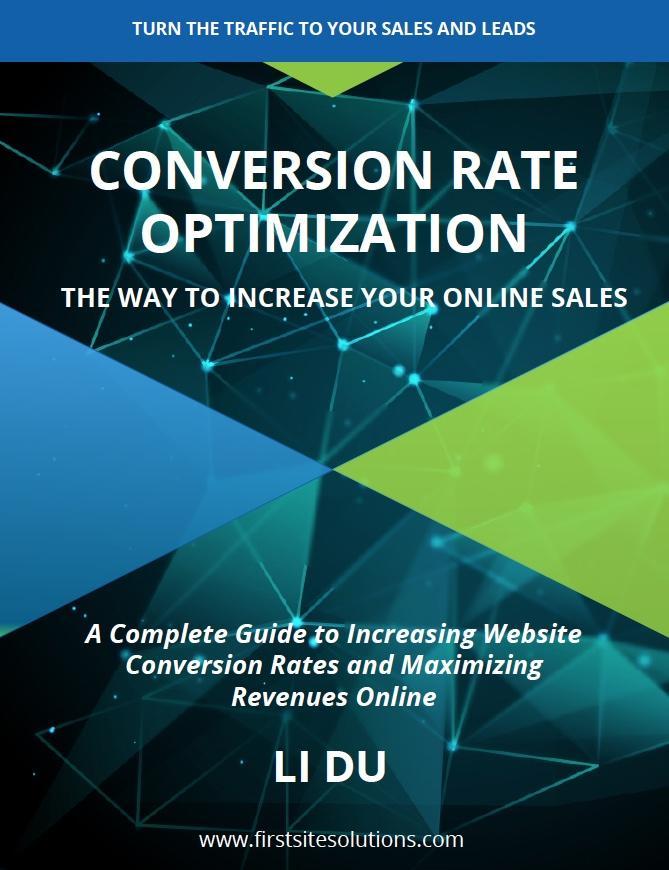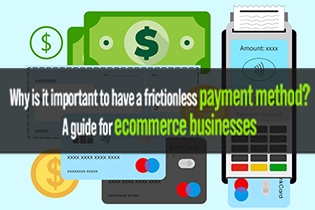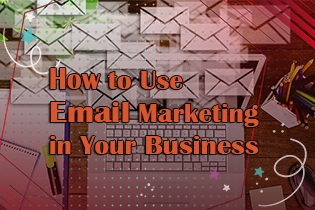
Marketing teams perceive marketing automation as a form of a magic wand they can utilize to resolve the company's growth issues. This wand can help acquire more leads, conversions, and sales, all while requiring less work from the staff. Some reports state that businesses that have started implementing automation have experienced increased sales and leads, 14% higher sales productivity, and 12% lower marketing overheads. Evidently, business defining technology offers an excellent opportunity for marketing professionals to achieve greater efficiency and improve the customer experience while seeing cost reductions.
Despite all the apparent benefits, the journey of automation implementation may still appear too daunting for many. However, the right advice will enable you to go through the entire process effortlessly. Therefore, this guide will provide you with everything your marketing team needs to know about it.
What Is It?
Marketing automation (MA) is essentially the utilization of software to execute, manage, and automate marketing tasks. Its roots date back to the 1980s, when the first CRM platforms were developed and used to generate sales by retrieving customer data. With the Internet appearance, marketing automation software helped marketing teams schedule and monitor campaigns without burdening staff with repetitive tasks. While this idea is still very much alive, there is so much more businesses can do with a good strategy. They can increase efficiency, kickstart business growth while perfecting the sales process, releasing relevant content, and delivering tailor-made experiences to your individual clients.
Marketing Automation Tools
MA software is the technology businesses use to manage their campaigns and marketing processes. It also includes an analytics tool that helps gather insight into how different marketing channels function so that teams can form their subsequent strategies according to what works best.

A good insight into analytical data will enable you to see what strategies work best.
Customer Relationship Management (CRM) Software
CRM software allows you to effectively manage any number of clients by providing you with all customer information, purchase histories, and interaction details instantaneously. With this information at hand, companies can personalize interactions with their clients and, ultimately, further increase sales.
Email Marketing
Almost as old as time (email time), this form of digital marketing is still valid and very popular. And this is the easiest way to see automation at work. Instead of composing and sending messages manually to individual clients, or potential clients, email marketing technology automates messages. It sends them to clients after they have performed a specific action online. Automation here does not take a toll on personalization, as there are multiple tools to use and target individual customers. Different tools can also deliver analytics that marketing teams can use to determine the effectiveness of their strategies.
Social Media Marketing
Although social media is an excellent channel for communicating your brand's personality and generating engagement and is, therefore, best dealt with personally, you can use tools that allow you to schedule posts and manage your social networks. They will also provide valuable information regarding the efficacy of your social media efforts and how they relate to your other campaigns.

Marketing automation can be used to schedule posts on your social media, but don't neglect personal interaction with your client base.
Why Should You Use Automation?
There are many reasons why it's smart to resort to marketing automation, and here are only a few of them:
- Manage and nurture leads. Marketing automation helps you gather information about leads navigating through your website. With such information about your prospective or existing customers, you can tailor your next steps. Moreover, this software can estimate the likelihood of each individual following through with the purchase. Also, you will be able to develop a relationship with leads not ready to buy immediately.
- Time-saving. By relying on marketing automation tools to perform menial and repetitive tasks, your staff will have a substantial amount of time at their disposal to dedicate to problem-solving, strategy development, and creative thinking to further your business.
- Scalability. Marketing automation will not only facilitate and nurture growth but also provide businesses with tools to sustain it.
- Sales and marketing teams' unison. Increased conversion rates and better lead quality can help sales teams reach the right prospects. With the help of marketing automation, sales and marketing departments work together, with fewer disagreements.

Among other benefits, marketing automation can foster closer team cooperation.
How To Implement?
Now that you know why automation is a step in the right direction, let's set out on that journey on the right foot (pun intended). There are several points worth considering before taking the plunge and investing in this useful, albeit expensive, software. You need to figure out whether you need one and, if you do, which tools would be suitable for your needs.
Identify Your Needs And Consider Your Audience
We know that automation will allow you to save considerable amounts of time. However, it would be smart first to determine what it is you want to accomplish. Do you want to drive more leads? Are you more interested in email campaigns? Perhaps you want help scheduling your posts? Or you need a more comprehensive solution that will allow you to manage all your marketing activities from a single platform.
Moreover, alongside yours, consider your audience's needs as well. Understanding them is vital for targeting them successfully. Therefore, you need to figure out what the typical demographic profile of your audience is. Knowing their location, interest, and habits will give you a clearer picture of what tasks you can automate.
Choose The Right Platform, Create A Strategy, And Commence Implementation
After considering your needs and understanding your audience, you will have gathered all the necessary information to pick the right platform for you. For example, MoversTech CRM is a possible solution if you are in the moving business. The next step is strategizing, crucial for implementation. To ensure success, carefully designate roles before commencing the implementation process and ensure open communication among teams.

A sound marketing strategy will ensure a successful automation implementation.
Conclusion
The implementation of marketing automation has many benefits: improved efficiency, reduction of expenses, increased productivity, better insight in analytics, enhanced customer support, time-saving. Proper planning, envisioning goals, and staff training will enable successful automation fostering business growth. If in doubt, consultation with professionals in this field may help you make the right decisions and figure out the best options for your company.








